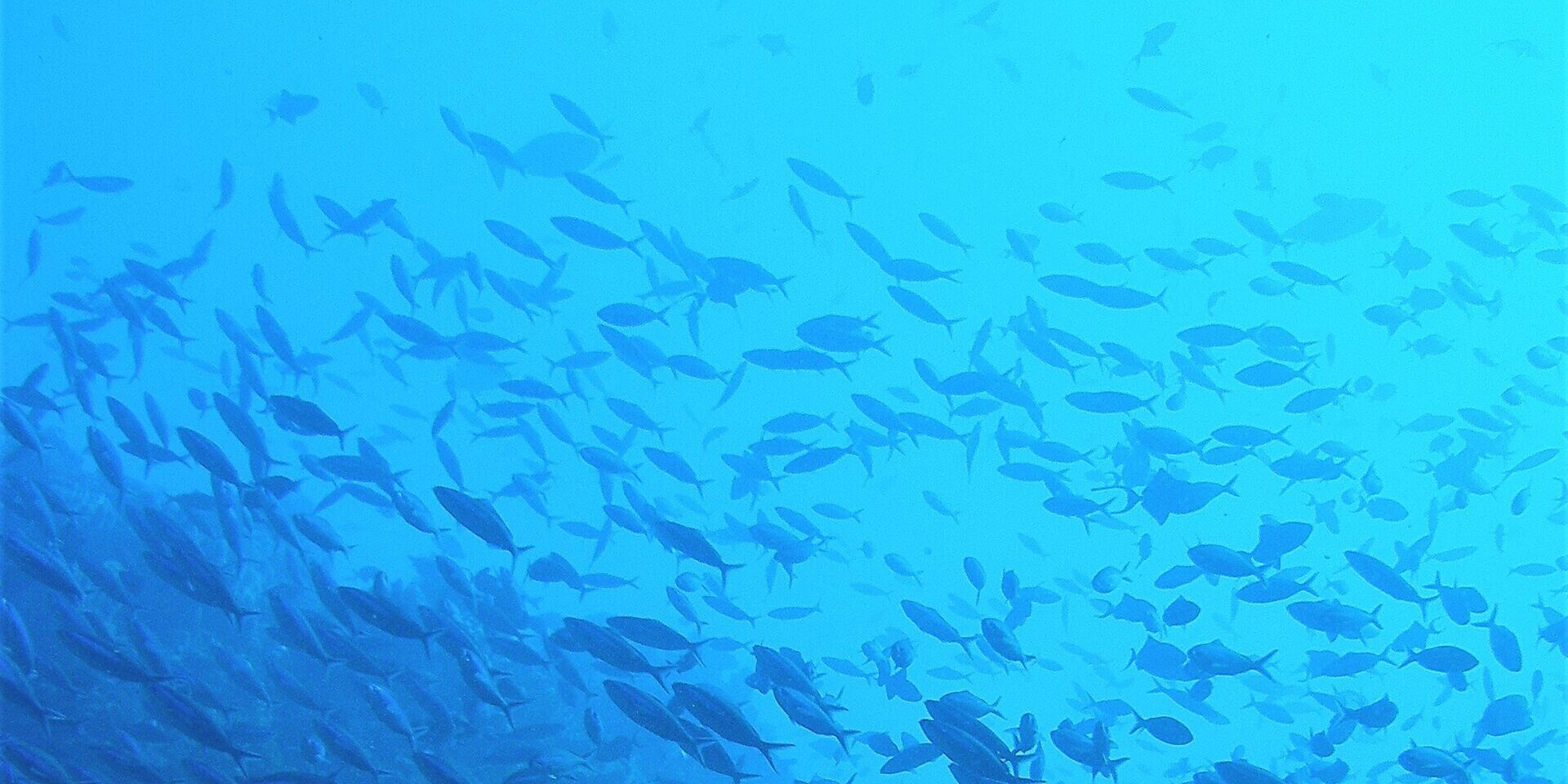At Hydrobiology, sustainability is core to our strategy and integrated into everything we do. We put health and safety first, we are environmentally responsible, we respect human rights, and we engage with our communities. Hydrobiology recognises and supports the United Nations Sustainable Development Goals (UNSDG) through the course of its business activities. As a collective of expert scientists, working across the physical, biological, and chemical processes of freshwater and marine systems, we are particularly passionate about, and aligned with the UNSDG6 – Clean Water and Sanitation, and UNSDG14 – Life Below Water. In fact, water is the common theme in everything we do. As aquatic scientists, we take great pride in our ability to influence the management of this precious resource. Clean Water and Sanitation for all, firmly aligns with Hydrobiology’s vision for a healthy, equitable, and prosperous future. Similarly, scientific consideration, and management of Life Below Water are primary drivers for our specialist inputs, and program outputs. We understand and respect the role that oceans provide to many global systems, including freshwater and climate processes, biodiversity, and food security. At Hydrobiology we use our expert knowledge and skills to inform the careful management of this essential global resource.
We believe high standards of governance are critical to delivering on our business mission, creating long-term value, and staying committed to our principles of sustainability. Our Senior Leadership Team oversees our sustainability approach, with the Health, Safety, Environment Quality Committee assisting with governance, monitoring, risk management and systems. Our senior leaders oversee the implementation of our sustainability actions, ensuring we:
- Comply with all relevant environmental legislation, regulations, and codes of practice.
- Prevent the pollution of the environment by activities under our control.
- Conduct business with suppliers and sub-consultants who also have a commitment to responsible environmental management.
- Continually improve our environmental management performance by regular reviews and setting realistic environmental objectives and targets.
- Conduct regular environmental inspections and audits of our operations to ensure waste and pollution are prevented or minimised.
- Maintain a framework for reviewing environmental objectives and targets through analysing the environmental risks at each new site or project.
- Ensure all licences, approvals and permits remain current.
- Develop and implement emergency plans to minimise any adverse environmental impact.
- Utilise photovoltaic panels to generate electricity for our Queensland office.
- Operate a Greenfund, a scheme that accrues monies by encouraging staff to travel to / from work via self-powered or public transport. Funds are then used to support projects which promote environmental outcome, environmental education, and / or a benefit to the local community.
- Encourage staff to be involved in volunteering, including for Western Australia’s Department of Fire and Emergency Services.
- Handle chemicals and hazardous substances in an appropriate manner, including their disposal as per their Safety Data Sheet (SDS).
- Where a chemical spill has occurred, contain, and clean up the spill by following the directions on the SDS.
- Decrease the volume of waste we generate where possible and remove all rubbish and waste from the work area and dispose of it appropriately.
- Where practical take steps to prevent soil erosion and land degradation.
- Wherever possible, reduce the impact of our work on native flora and fauna.
- Where declared weeds occur on project sites, ensure all soil and seeds are removed from plant and vehicles, mitigating the transference of weeds.
- Where practical, recycle and use environmentally appropriate packaging.
Hydrobiology proudly recognises and supports the UNSDGs, and dutifully fulfills sustainability actions that promote Clean Water and Sanitation, and Life Below Water. We believe that when passion, knowledge, and skills inform scientific consideration, management, monitoring and continual improvement, the future is indeed bright.





